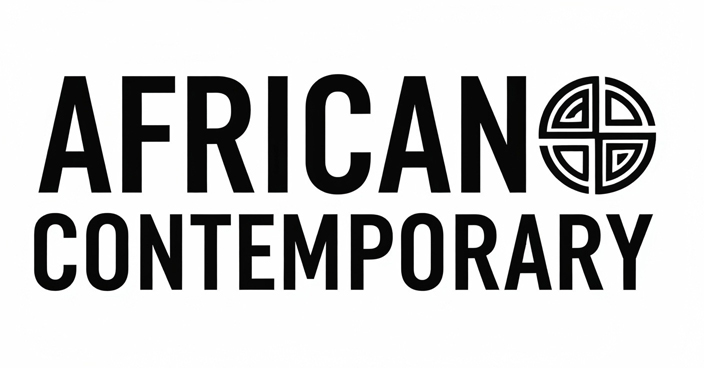|
|
 |
|
|
JEAN DEPARA, 1928-1997
Jean Depara was born in Angola and came to photography almost by accident. To record his wedding, in 1950, he bought himself a small Adox camera after which he never ceased to seek out new subjects for his lens. Settling in Kinshasa in 1951, Depara at first combined his job in photography with various other small jobs: repairing bicycles and cameras, dealing in scrap metal. In 1954 Depara 's carrer took a turn when the celebrated Zairian singer Franco invited him to become his official photographer. Depara became the chronicler of Kinshasa social life in the era when the Rumba and the Cha Cha defined the city’s rhythm. Jean Depara later set up his studio under the name "Jean 'Whisky' Depara" and spent his days in bars like the Kwist, the OK Bar, or the Sarma Congo. At night he hung out at such clubs as the Afro Mogenbo, the Champs-Elysées, the Djambo Djambu, the Oui, the Fifi, the Show Boat. "Night owls" particularly fascinated him and with his flash Depara captured an Africa stripped of conventional social codes. Interracial couples, hipsters, and those who in imitation of James Dean chose to “Live fast, die young”, became both his subjects and his clients. Among Depara ’s recurrent themes are the Miziki who have such a powerful role in Kinshasa society. These associations of women were rooted in pre-independence traditions, and a Moziki (singular form of Miziki) could act as a banker within her social circle. In the 1950s and 1960s, Miziki associations took such names as 'La Pause' and 'La Mode', and commissioned famous bands to compose songs for their annual events. source:
CAAC
|
|